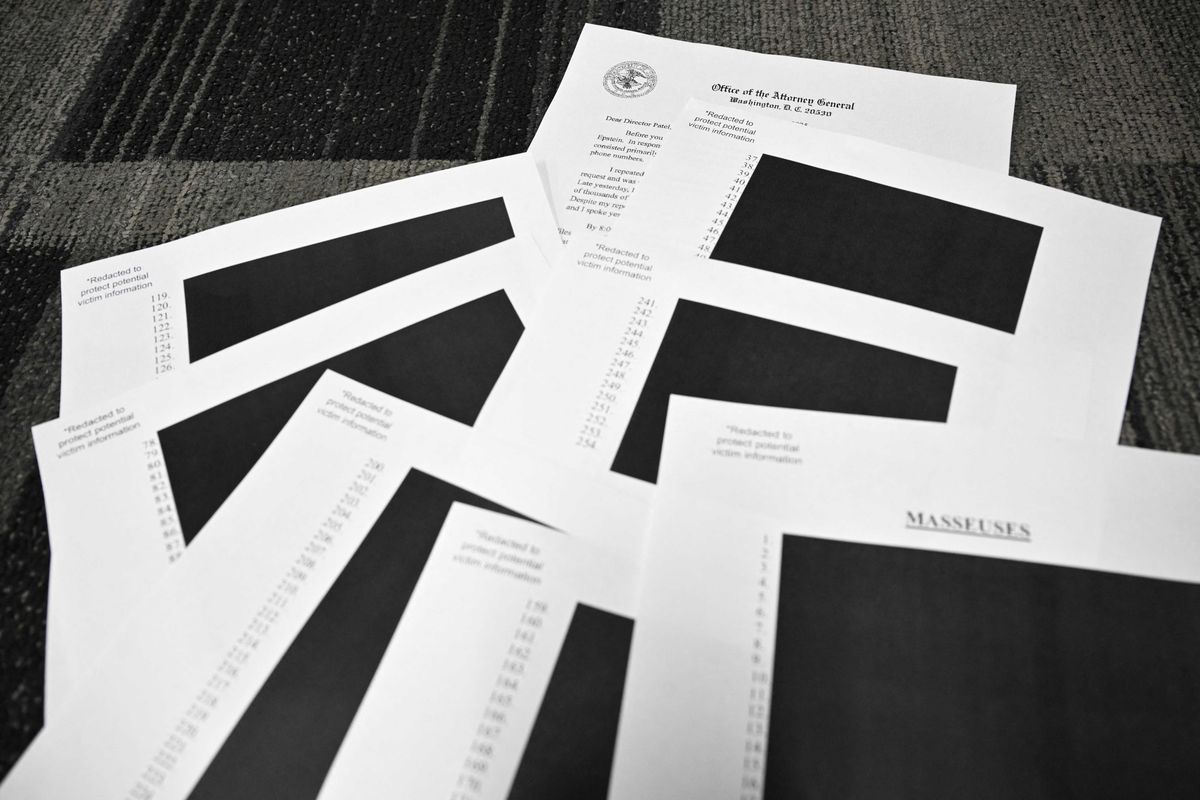News
Francesca Washtell
Nov 07, 2014

This Friday the Daily Express’ front page alarmed readers with its headline “Warning over killer winter bug”.
Norovirus, the "killer bug" the Express was referring to, is a winter vomiting disease that has begun its annual season early this year, with 18 outbreaks in hospitals last month, according to Public Health England (PHE).
In response, the NHS issued a slightly less dramatic warning:
Here’s everything you need to know:
What is norovirus?
Norovirus is the most common stomach bugs in the UK. It causes gastroenteritis, is highly infectious and can affect people of all ages.
How many people catch it each year?
Between 600,000 and one million catch norovirus each year in the UK.
What are the symptoms?
The first symptom is usually a sudden feeling of sickness, followed by forceful vomiting and watery diarrhoea. Other symptoms include a raised temperature, stomach cramps, headaches and aching limbs.
Symptoms usually last for one to two days, although it can be very dangerous for the very young and elderly people.
How is it spread?
Norovirus spreads very easily. You can catch it by touching contaminated surfaces or objects, and if a person who has the virus doesn’t wash their hands before handling food, they can pass it on to others.
Norovirus can spread quickly in public places and environments such as schools, hospitals and nursing homes because the virus can survive for several days.
What should I do if I catch it?
There is no specific treatment for norovirus, but steps to ease the symptoms include drinking lots of water to avoid dehydration and taking paracetamol for aches and pains.
Your GP will not be able to treat it and it is important to stay home because the virus is so contagious - you should avoid contact with people for at least 48 hours after your symptoms disappear. You should wash your hands frequently, avoid sharing towels and flannels and disinfect objects and surfaces that may be contaminated.
However, you should contact your GP if your symptoms last for more than a few days or if you already have a serious illness.
Are there complications?
Most people recover within a few days, though the main risk is becoming dehydrated so it’s important to drink lots of water to replace what your body loses from vomiting and diarrhoea. Again, the young and elderly are most at risk of becoming dehydrated.
Severe dehydration can lead to low blood pressure and kidney failure and, in some cases, can be fatal. It’s vital to seek medical help if you experience symptoms including dry, wrinkled skin, an inability to urinate, a rapid heartbeat or cold hands and feet.
More: 14 Daily Star headlines that were actually mostly true
Top 100
The Conversation (0)












